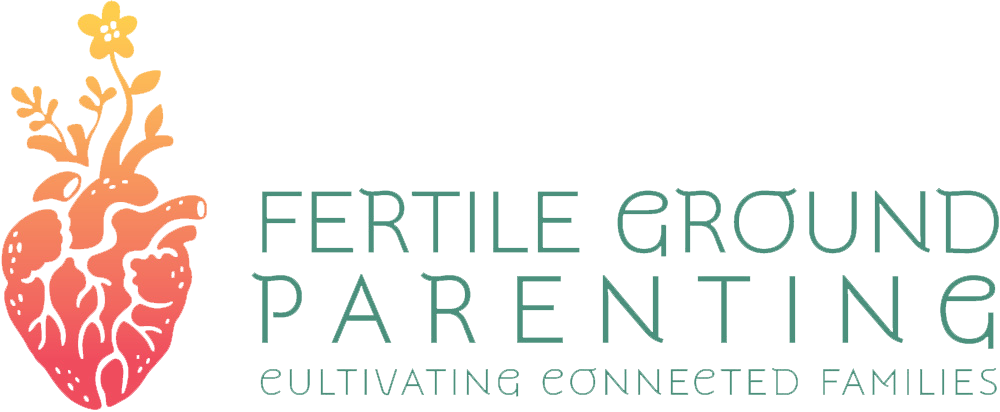I offered a free workshop recently on setting limits without using shame or punishment, and as usual, the questions were my favorite part.
We have so many experiences as parents that challenge whatever textbook parenting advice we’ve received along the way.
Examples include:
“OK, I get that it’s a good idea to set a warm limit! But what do I do when I don't FEEL warm?”
“What do I do if agree with this approach in theory, but then when the sh*t hits the fan, I default back to threats and bribes?
“You’ve suggested that I bring connection when my kids are off track, but doesn’t that just send the message that my kid can act like a jerk and I’ll be nice to them?”
Read more
